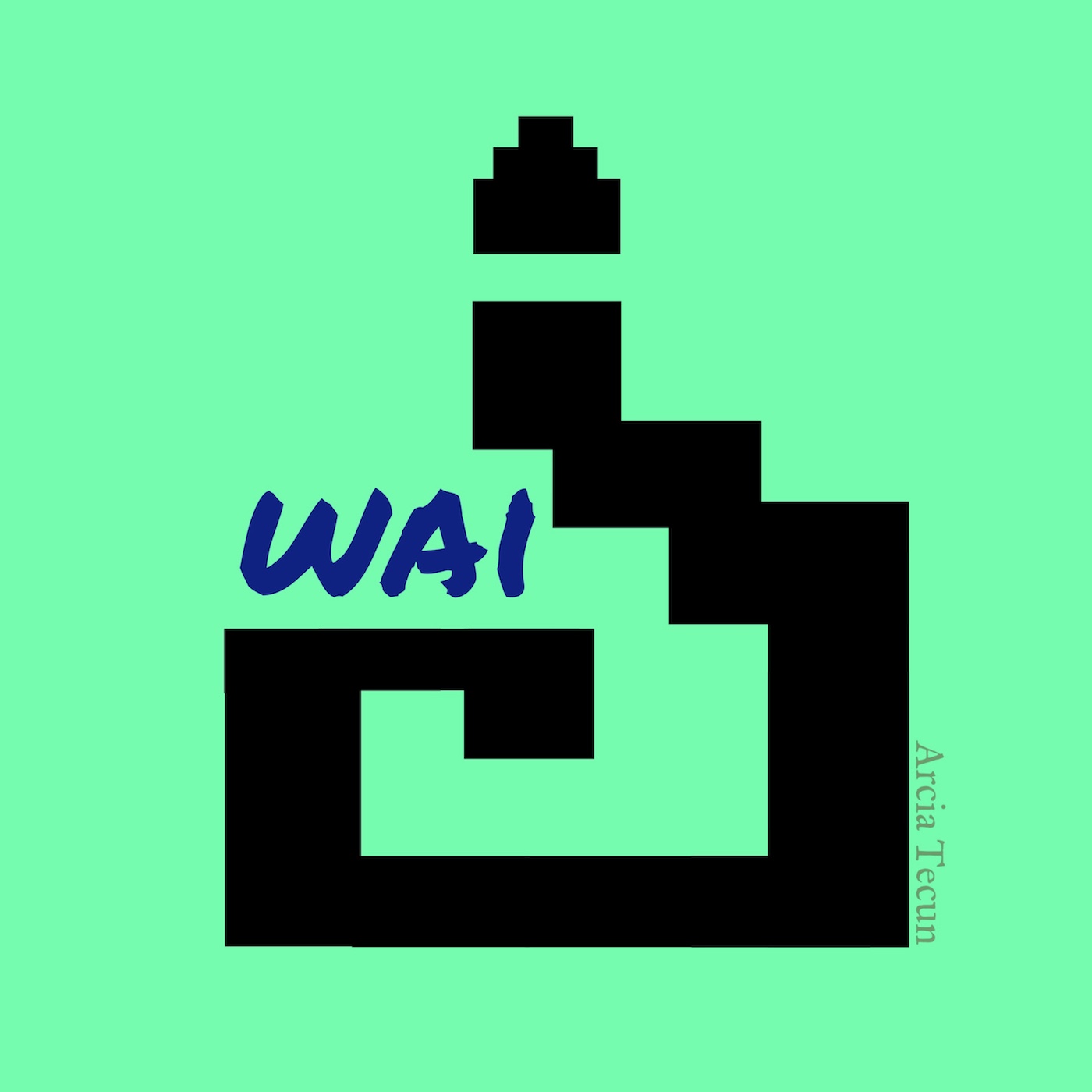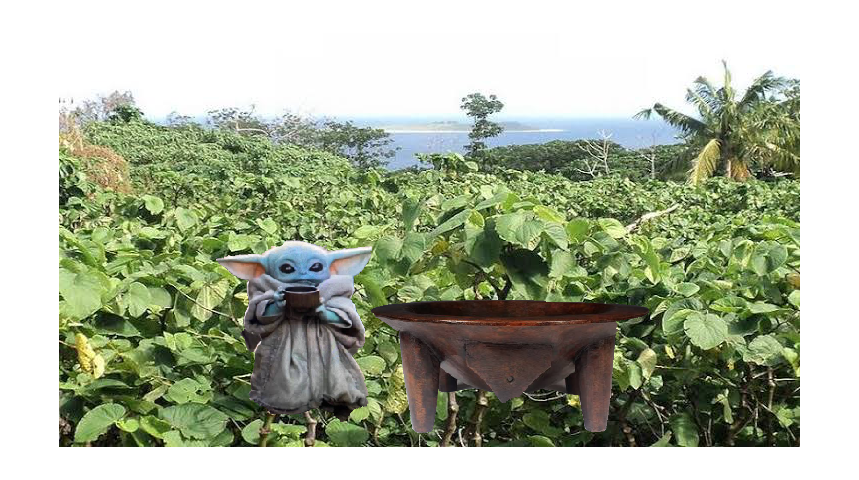
13.7K
Downloads
53
Episodes
Hosted by Arcia Tecun, an urban and mobile Wīnak (Mayan) with roots in Iximulew (Guatemala), an upbringing in Soonkahni (Salt Lake Valley, Utah), and in relation with Tonga, Aotearoa (New Zealand), and Te Moana Nui a Kiwa (The Great Pacific Ocean). Wai? [pronounced why] (W.A.I.: Words and Ideas) is a podcast based on various issues, topics, and perspectives including critical analysis, reflection, dialogue, and commentary on society, politics, education, history, culture, Indigeneity, and more. The purpose of this project is to share words and ideas that are locally meaningful, globally relevant, and critically conscious.
Episodes
Saturday Aug 27, 2022
Saturday Aug 27, 2022
David Fa‘avae joins this episode bringing with him his experience as a Tongan/Sāmoan with ties to Niue, and as a founder of the early Tongan scholars network, a Senior Research Fellow at Waipapa Taumata Rau (University of Auckland), and Senior Lecturer at Te Whare Wānanga o Waikato (University of Waikato). Ata and I discuss with Dave some of his intellectual background that seeks to respond to community needs, as well as some of his research interests with intergenerationality, education, and developing critical depth in the terms and concepts we use. Dave shares the positive and important aspects of intergenerational relationships that can alleviate tensions and provide worthwhile wisdom and practices that provide grounded pathways for future generations. We discuss challenges in dominant institutions of schooling as well as their legacies, and the significance of education. We consider Epeli Hau‘ofa’s scholarship and the importance of engaging with messy intellectual terrains, facing a greater complexity that requires multiple lenses, while also upholding Indigenous relational ethics, which are also critically confronting external and internal power dynamics.
Terms: Hohoko 'a e To'utangata (inter-generationality, intergenerational and genealogical consciousness); Loto Tonga (in Tonga, the center of Tonga, term that refers to Tongans positioned in the Kingdom of Tonga); Tu’a Tonga (outside of Tonga, the periphery of Tonga, term that refers to Tongans positioned outside of the Kingdom of Tonga in NZ, AUS, US, etc.); Mokopuna (grandchild); Tauhi Vā/Tauhi Vaha‘a (Mediating relationships, upholding kinship/clan and socio-spatial points of relation); Mamahi‘i Me‘a (passion and devotion – both Tauhi Vā and Mamahi‘i Me‘a are among the Faa‘i kaveikoula ‘a e Tonga or Four golden pillars of Tongan culture and society as emphasized by HRH Queen Sālote Tupou III); ‘Eiki Mokopuna (chiefly grandchild or chiefly grandchildren, a unique intergenerational relationship); Tapu (protections, restrictions, commonly considered as ‘sacred-ness’); Ha‘a (lineage, clan); Vā (relation, point between/of relation/connection); Mānava (to breathe, give life); Manava (womb); Mana (potency, honour, prestige); Whakapapa (platformed layers of connection, origin, genealogy); Si‘ota‘aki (harmful criticism, harmfully taking apart another’s views or stories); Si‘o (to see or perspective); Ta‘aki (to unpack or take apart); Si‘o-Ta‘aki (reconceptualized as “to deconstruct perspectives, reveal underlying causes, and change understandings”); Post-humanism (a field of studies that looks beyond the human or anthropocentrism/humancentrism, may also confront the assumed universals or presumed hierarchy of humanity and/or the concept of the human); Hoa (partner/companion in both lea faka-Tonga and te reo Māori), Hoa-Haere (close friend, partner, or comrade in te reo Māori), Hoariri (enemy/antagonist in te reo Māori, comprised of partner/companion and anger, sometimes interpreted as angry friend).

No comments yet. Be the first to say something!